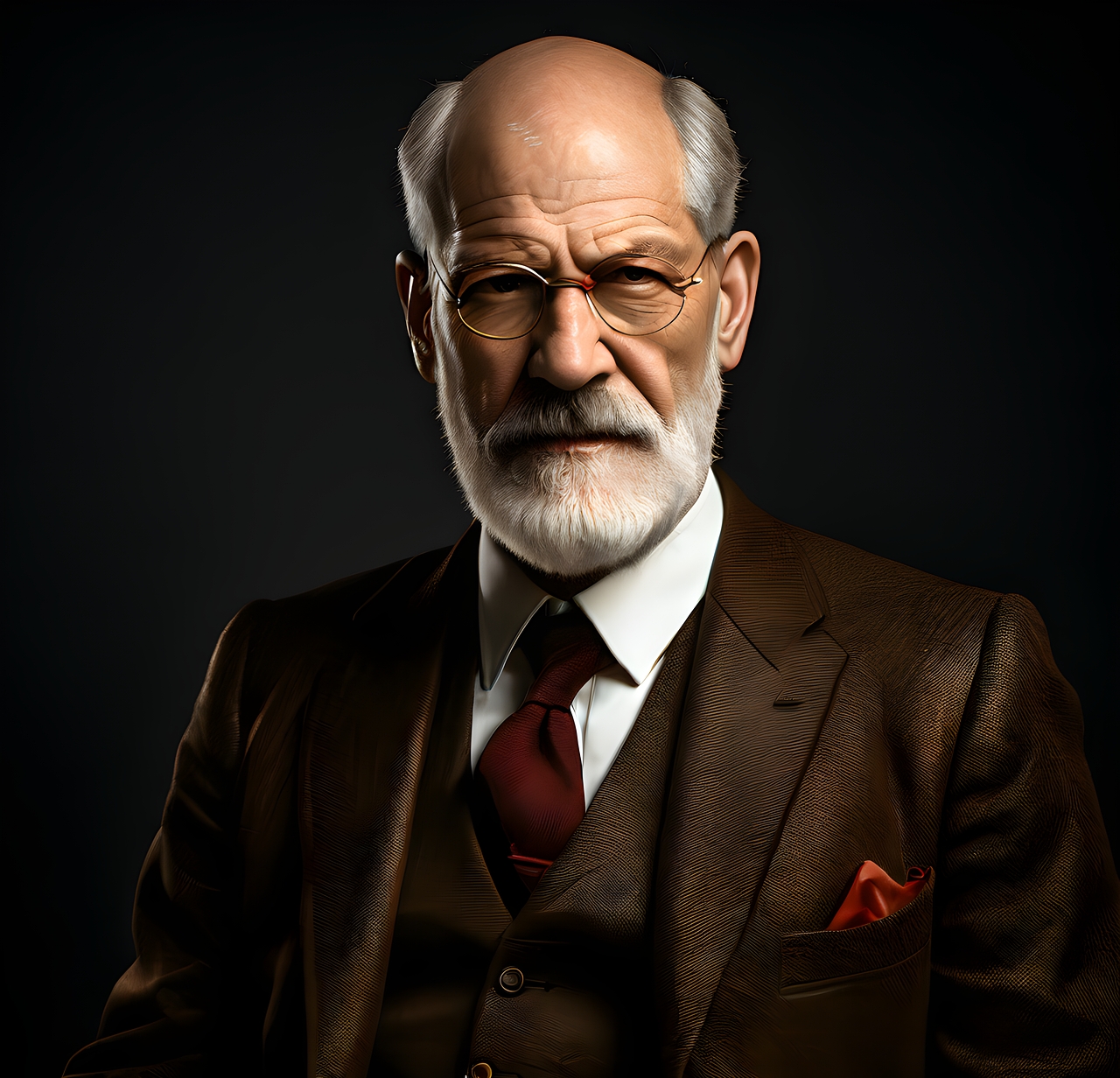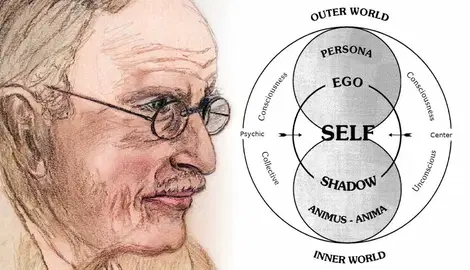
Sigmund Freud and Carl Jung are two great pioneers of psychotherapy whose names seldom go unmentioned anytime a Psychological discussion pops up and especially due to their revolutionary approaches that changed how we viewed human behaviours and the unconscious motives behind them.
The two first communicated in 1906 before they later meeting in person when the young psychtriast, Jung traveled to Vienna in 1907- a meeting that is said to have lasted for over 12 hours.
Jung saw Freud as an extremely intelligent person where as Freud saw the young energetic Carl Jung as a heir to his psychoanalytic studies.
There friendship didn’t last long for 5 years later an intellectual rivalry between the two emerged after Jung started to dismiss Freud’s findings something that perturbed the later.
Jung would later Quit and form his own Analytical theory and as in 1912, quoting Friedrich Nietzsche to Freud, Jung claimed;
“One repays a teacher badly if one remains only a pupil. And why, then, should you not pluck at my laurels?..”
While Freud wrote to his colleague, Karl Abraham; “Jung is crazy, but I have no desire for a separation and should like to let him wreck himself first..”
Freud’s Psychoanalytic Theory In Summary
In 1915, Freud published the Introduction to Metapsychology where he conceptualized that the mind comprised of three distinct layers:
•The Conscious Mind: Which encompasses our immediate awareness, including current thoughts, feelings and perceptions.
Example: Someone consciously thinking on the meal to take tonight.
2. Preconscious (Subconscious): Which contains memories and information that can be easily recalled into consciousness when needed.
Example: Recalling your phone’s contact number when prompted.
3. The Unconscious Mind: Which is at the deepest level but influences repressed desires, memories and wishes that influence our behaviours without our awareness.
Example: Phobias or anxieties that seem irrational and are difficult to explain consciously.
Freud insisted that the conscious realme was dwarfed in size and importance compared to the unconscious as he wrote;
“The (conscious) mind is an iceberg—it floats with only one-seventh of its bulk above water.”
Carl Jung’s Concept of the Unconscious.

While Freud believed that the unconscious was a reservoir of repressed wishes, desires and memories, carl Jung expanded it to include a collective aspect.
Just like Freud , he divided the psyche into three different layers but from a different perspective;
1. The ego- the Conscious mind.
2. The Personal Unconscious: An individual’s repressed memories and forgotten experiences.
Example: Childhood memories that are not in immediate awareness but can influence behavior and emotions.
3. The Collective Unconscious: Which was Shared among all humans and contains archetypal images and themes inherited from our ancestors.
Similarities between Jung and Freud;
• Both Jung acknowledged the existence of an unconscious aspect of the mind below our immediate awareness that shape our behaviours and emotions without our awareness.
• Both Jung and Freud acknowledged the role past experiences play in shaping the contents of the unconscious.
• They Both agreed on the concept of dream as a royal road to the unconscious.
As Freud wrote in a later edition of The Interpretation of Dreams, “The interpretation of dreams is the royal road to knowledge”
Disagreement Between Sigmund Freud and Carl Jung.
•Sigmund Freud emphasized mostly on the sexual nature of dreams which Carl Jung disagreed.
• Freud believed the human psyche was divided into three layers; The Conscious, Pre-conscious and Unconscious while Jung believed the human psyche existed in three layers; the ego (the conscious mind), the personal unconscious, and the collective unconscious.
• Jung believed that humans possessed not only a personal unconscious based on their life experiences but also a collective unconscious that consisted of memories and experiences accumulated throughout the entire history of the human race.
• Jung also disagreed with Freud’s view on sexuality and libido as a key motivating behavioural force.
• Carl Jung also believed that Freud did not pay attention to social and cultural factors such as religion and was much obsessed on infantile sexuality too much.
In Conclusion, Freud’s ideas were so revolutionary that they drew criticism from his own disciples who disagreed with certain aspects of his thinking, later developing their own theories. Among them included; Alfred Adler, Karen Horney, Erik Erikson, and Carl Jung. While Jung agreed on Freud’s assertion of a layer that operate beyond our conscious awareness called unconscious, he expanded it further to include both personal and a collective unconscious unlike the former who only focused on the personal unconscious.
